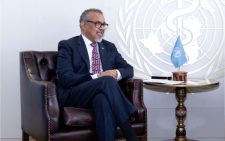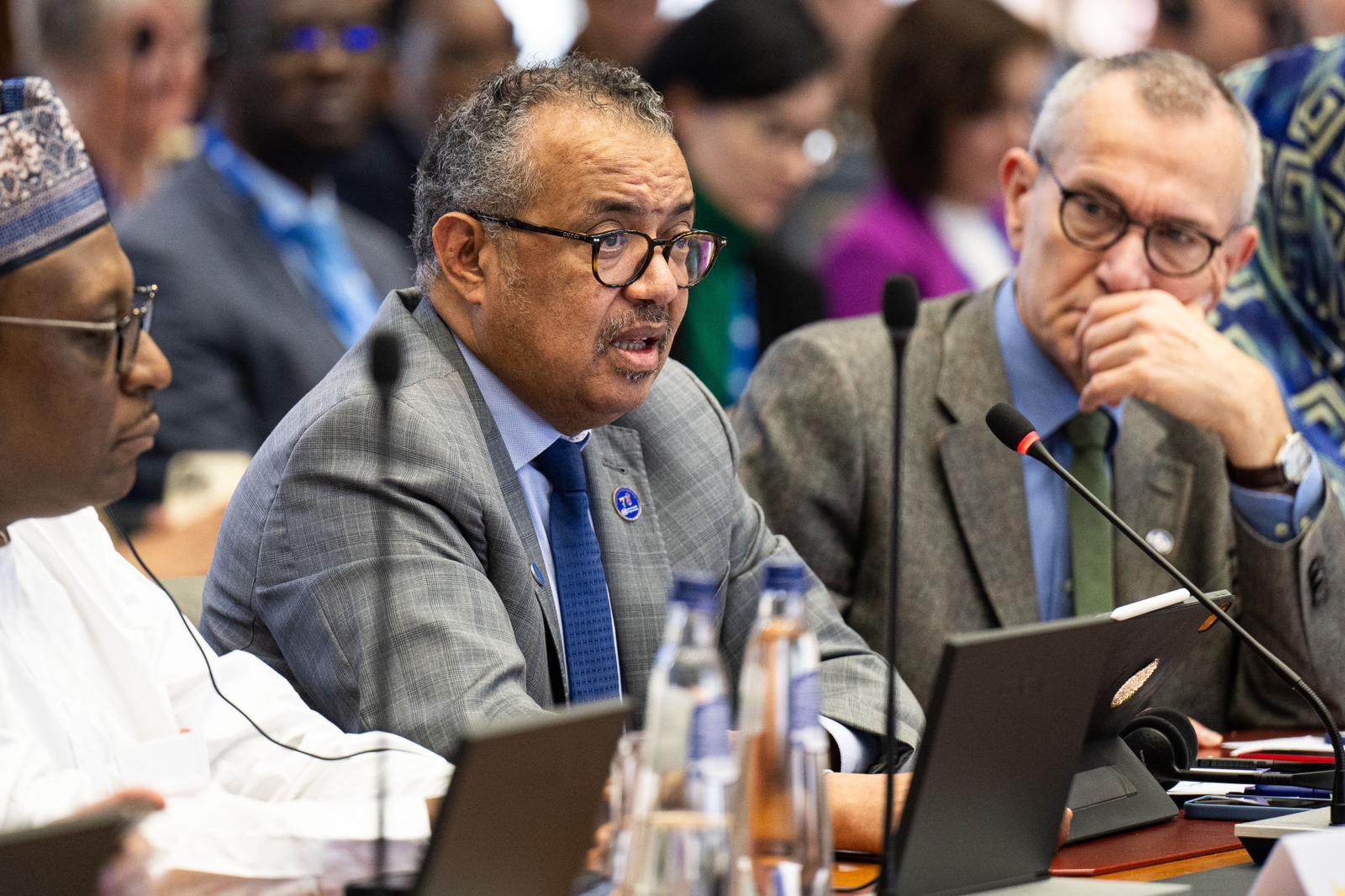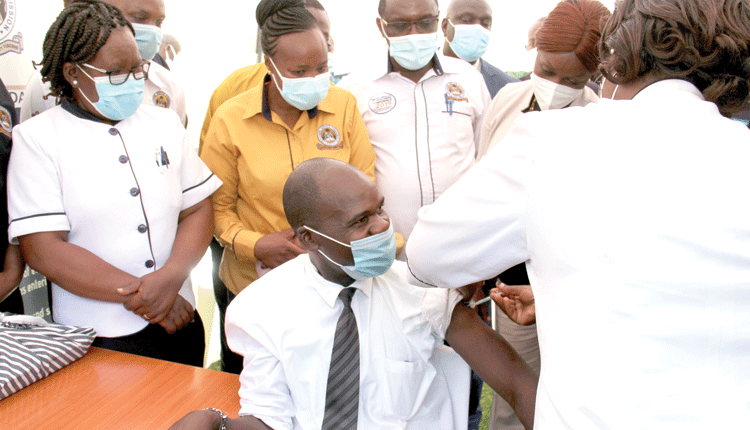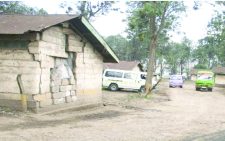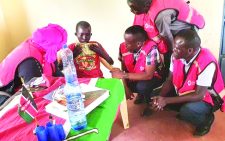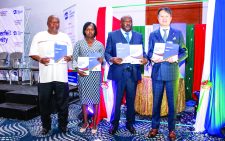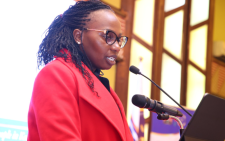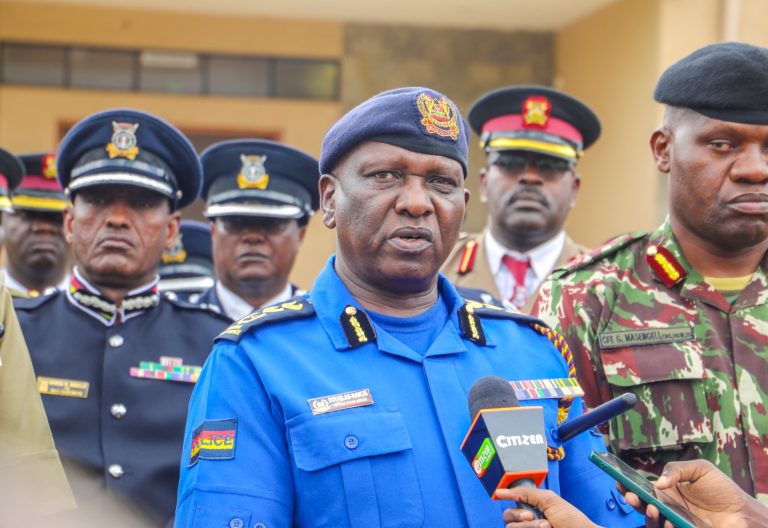Breakthrough for malaria vaccine after 30 years
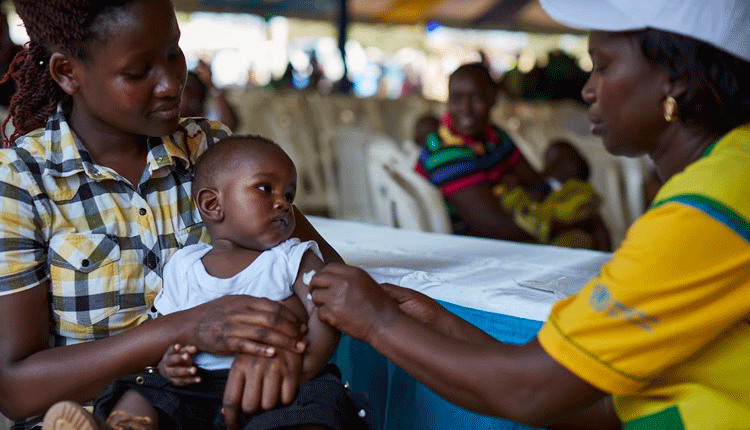
George Kebaso and agencies
World Health Organisation (WHO) has endorsed the first-ever malaria vaccine, which could help avert over 10,000 deaths in Kenya every year.
WHO recommended widespread use of the RTS,S/AS01 (RTS,S) malaria vaccine among children in sub-Saharan Africa and in other regions with moderate to high P. falciparum malaria transmission.
The recommendation is based on results from an ongoing pilot programme in Ghana, Kenya and Malawi that has reached more than 800 000 children since 2019.
A consortium of WHO experts who recommended the RTS,S vaccine – or Mosquirix – says the move marks a major advance against a disease that kills hundreds of thousands of people worldwide annually.
According to WHO, about 500,000 people die each year, an estimated half of them, are children in Africa.
In Kenya, there are an estimated 3.5 million new clinical cases and 10,700 deaths each year, and those living in western Kenya have an especially high risk of malaria.
WHO director general, Tedros Adhanom Ghebreyesus said the announcement means the vaccine is a maiden tool especially for Kenya where malaria researchers have been trying to import a Gene Drive technology to speed up the fight against malaria in vain.
“This is a historic moment. The long-awaited malaria vaccine for children is a breakthrough for science, child health and malaria control,” Ghebreyesus during a virtual press briefing.
“This is a vaccine developed in Africa by African scientists and we’re very proud,” said Ghebreyesus.
He added: “This vaccine is a gift to the world but its value will be felt most in Africa.”
Professors; Richard Mukabana and Charles Mbogo expressed frustrations applications for approval to bring in mosquitoes that will destroy their wild counterparts said to cause malaria, have been futile. They were addressing a press conference in Nairobi on Tuesday.
Yesterday, Dr Willis Akhwale, a disease epidemiologist said the technology has affiliated issues that have not been approved including environment. GlaxoSmithKline, a British pharmaceutical company, is developing the vaccine.
